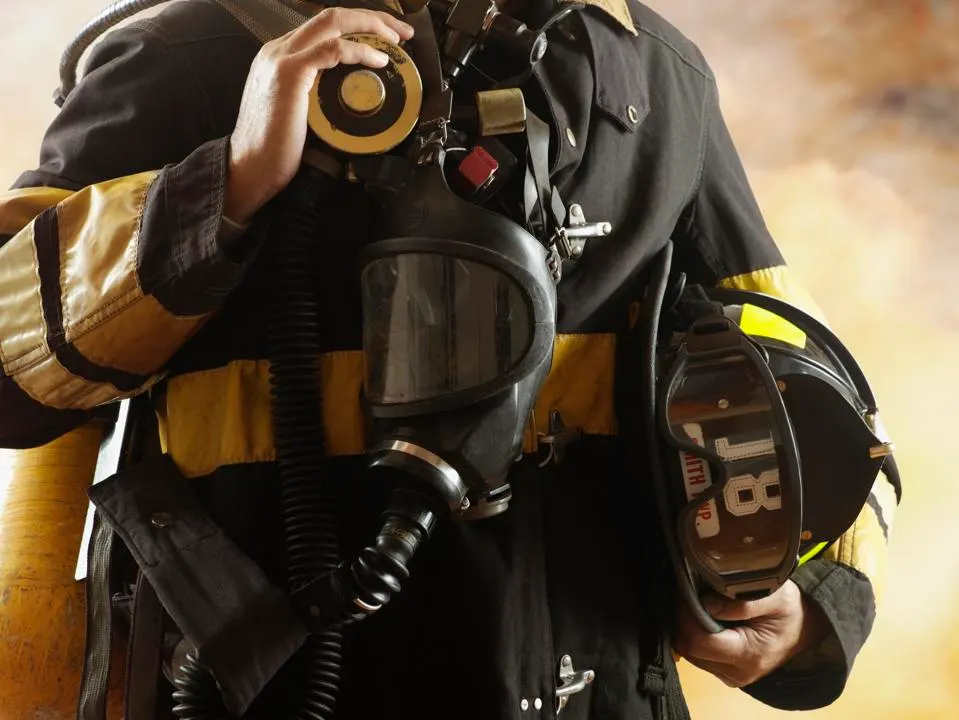Attitude, Motivation, and Commitment: A Fireman’s Captain Mantra

It’s funny how you find motivation and wisdom in places you sometimes least expect.
As a business person, it can be easy to build your circle of friends and advisors with just business folks who have just business experiences. That’s not ideal, and here is a reminder of what happened to me last summer.
My Friend, the Fireman
I have a dear childhood, lifelong friend who, out of high school, went straight into the full-time fireman ranks in a good-sized New Jersey town. In fact, this town is almost a city—to give you a sense of scale and what a fireman might be called upon to do there.
Let’s call my friend Fabulous Freddy (FF) to protect his identity. He followed in his dad’s footsteps and became a Captain in the town’s fireman ranks.
One day, we were sitting around having a few cocktails and smoking cigars at the Jersey shore, and Fabulous Freddy (FF) told the group of life-long friends something we all took pause to acutely listen to.
As they say nowadays, we leaned in. He said (and I loosely quote him), “When I come into the firehouse for my 36-hour shift, I look around to see the team’s attitude, motivation, and commitment. And if it needs adjusting, that’s what I get after.”
We all sat back and asked him to expand.
A Breakdown of Attitude, Motivation, and Commitment
My friend’s job and role are matters of life and death, not profits, losses, projects, and committees. Here’s a general breakdown of how a top-shelf captain in a full-time fire department manages his team:
1. Attitude
If FF saw someone whose posture or demeanor was conveying the wrong attitude, he would make sure to go over and chat up the fireman to see what was up. He wanted to make sure the person was aware of the attitude being ‘off’ and see if he could help get the person on the right track.
He gave an example that nobody really ‘likes’ to do training, but as a fireman, training is essential. A Training Officer even manages the schedule and determines what each crew needs to train on. FF was aware of this and ensured that his crew knew they needed the right attitude to make the training productive and get it done.
He said, “Let’s go into the training with the right attitude, and it will go better.”
2. Motivation
In telling us about AMC, he said they needed to be motivated to do things quickly, correctly, and safely when training.
He needed his team motivated to train and be ready for all of the 36 hours on their shift. If he felt motivation was lacking, he made it his point to coach, cajole, and yell if needed to get a person or people going.
The thought of, as he put it, “a working structure fire in a building” would be enough to motivate people, but it was not. Complacency could happen easily, but he felt monitoring and addressing motivation was his job.
3. Commitment
Having a good attitude and motivation is important, but having an absolute commitment to what you are doing, who you are doing it with, and what is at stake matters a lot. For a fireman, you could argue it is the most important thing because your life can depend on it.
While commitment is not quite as life-threatening in the business world, it is important. If FF saw that someone was hesitating, holding back, and not giving it their all, they got an earful and some coaching to change that behavior quickly.
FF said, “If you want me to have your back, you better have mine, so you better be committed.”
Wisdom and mentorship come from all places if you just listen—and have a few cocktails.
Originally posted on Forbes.com